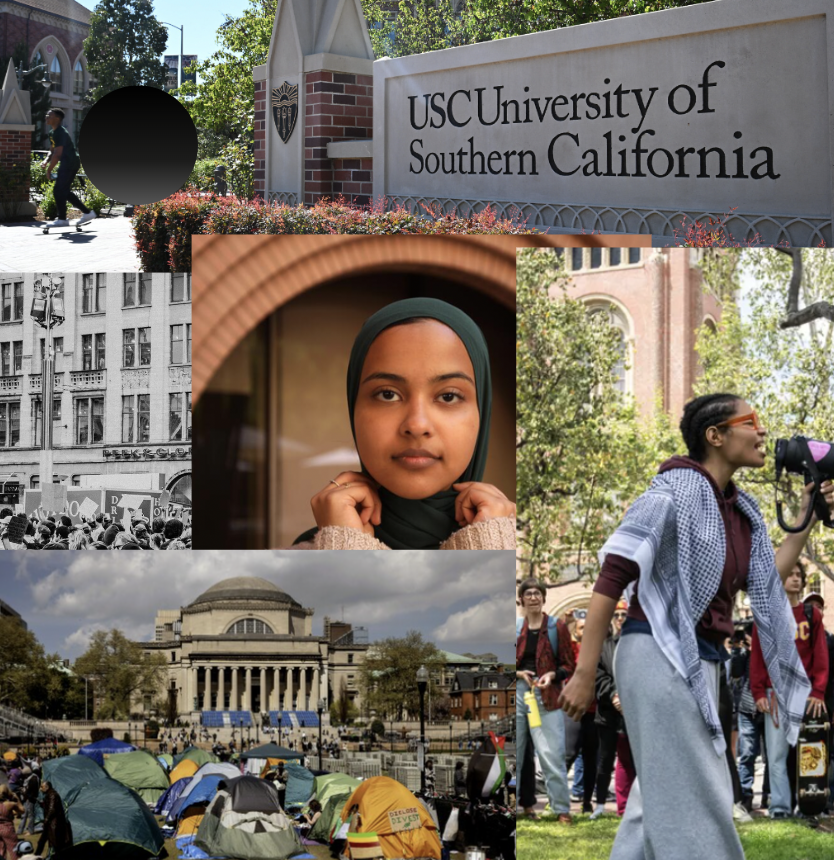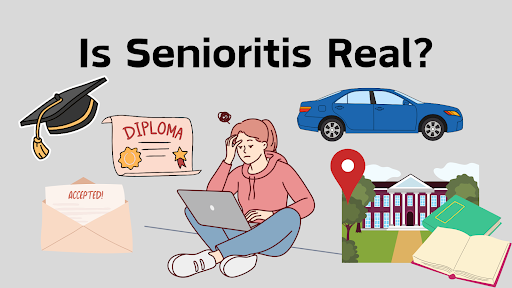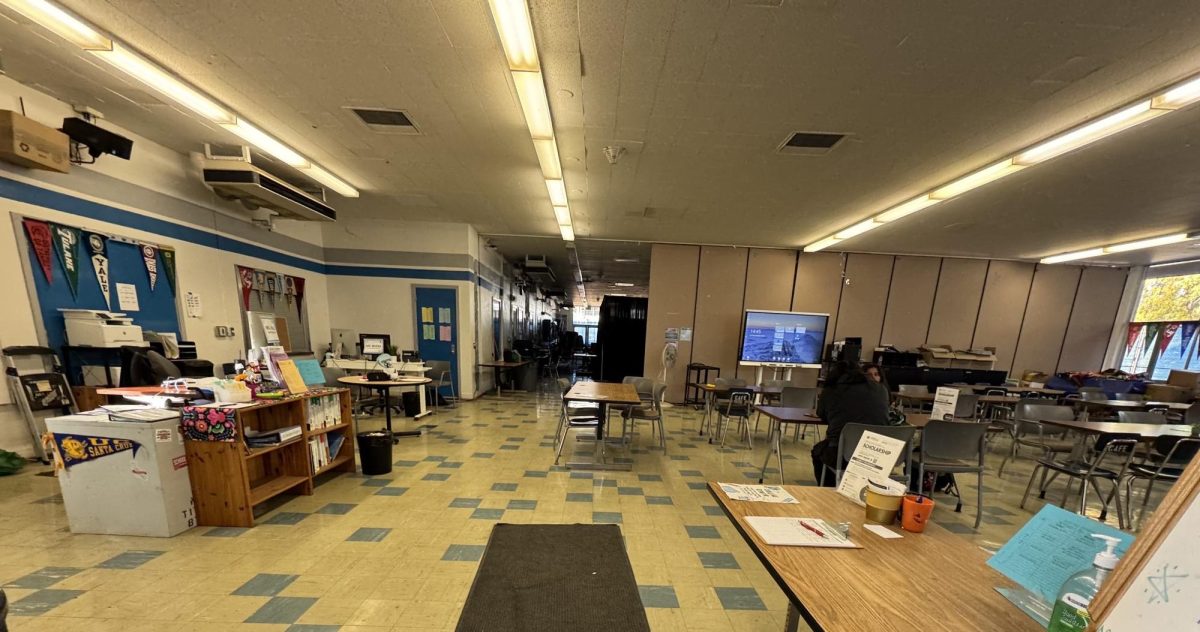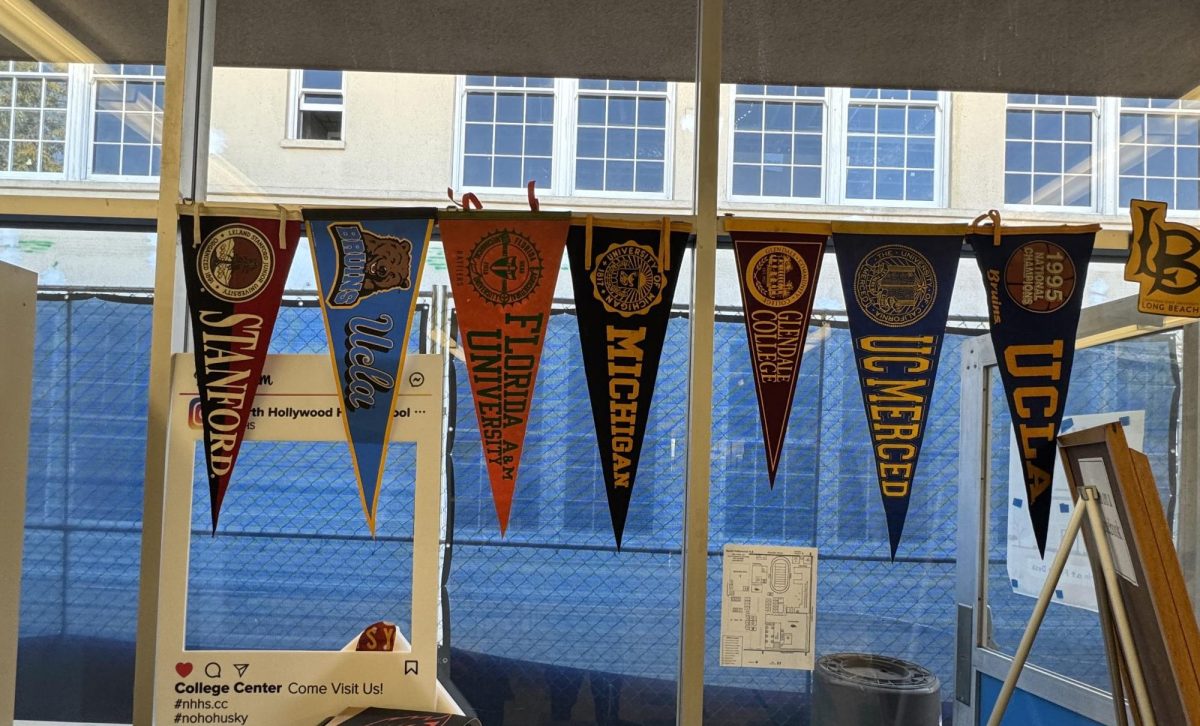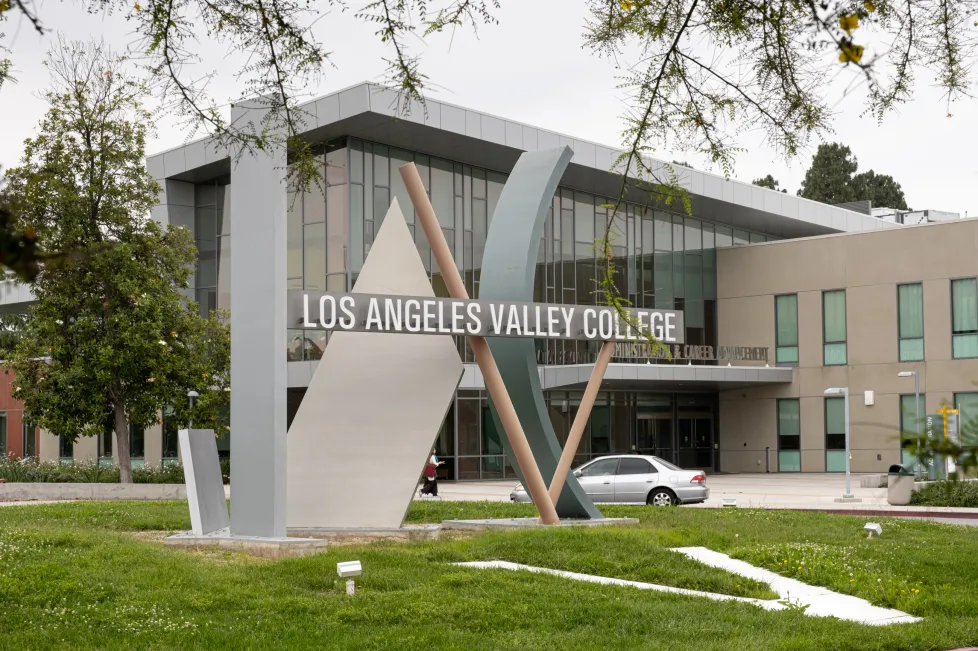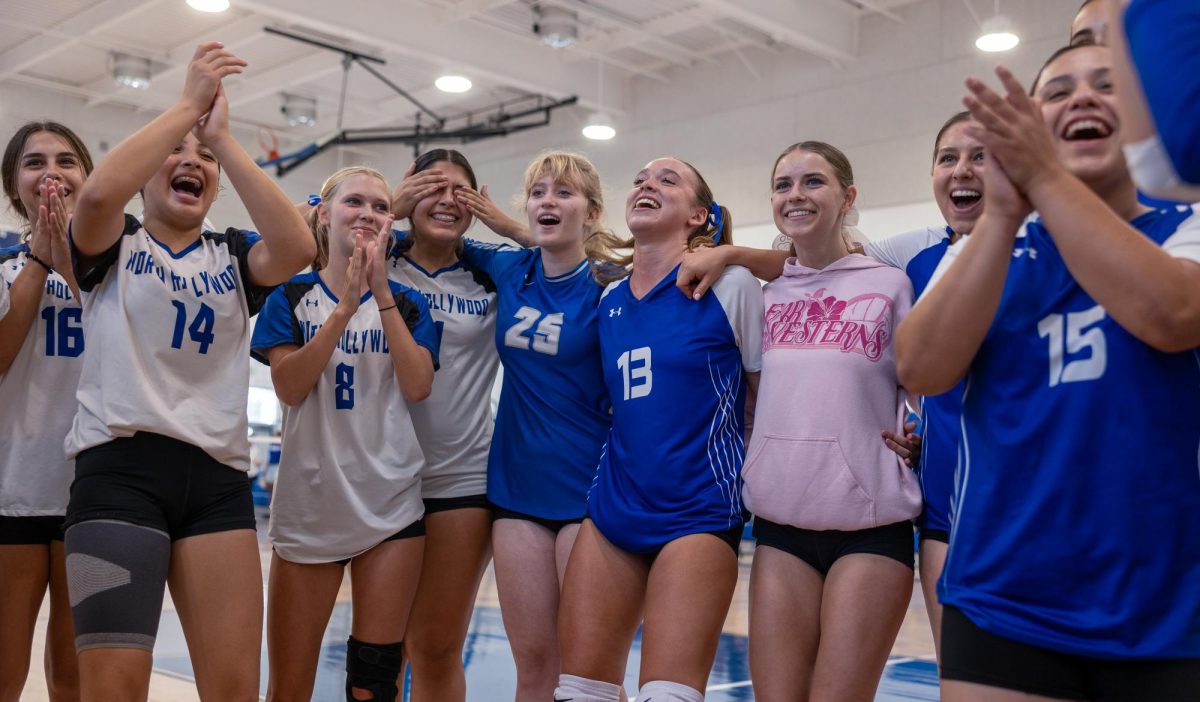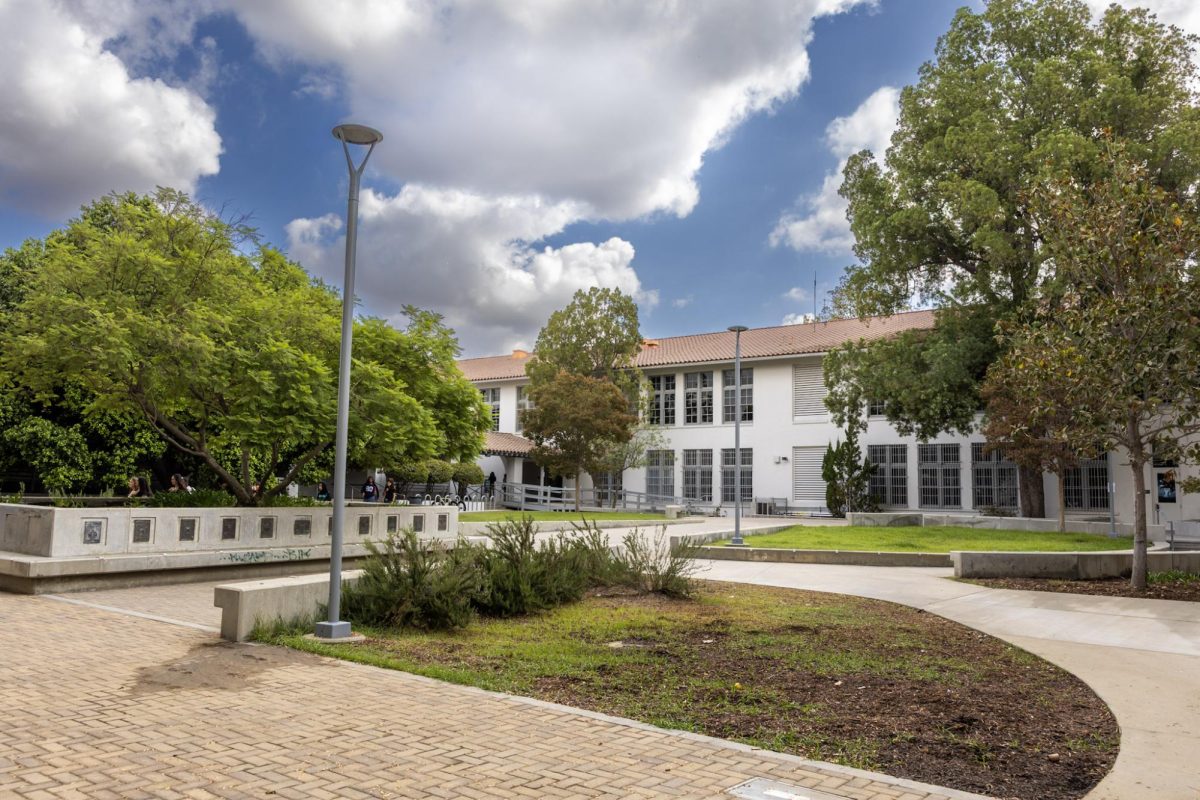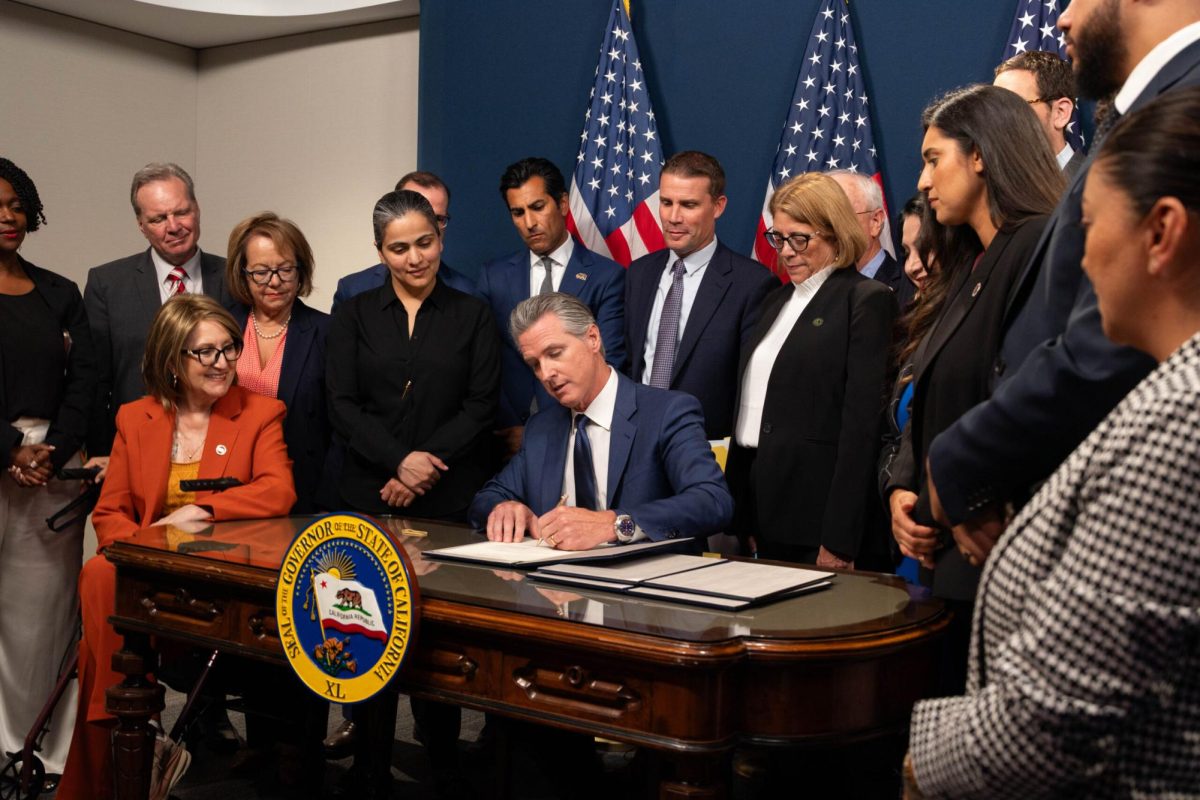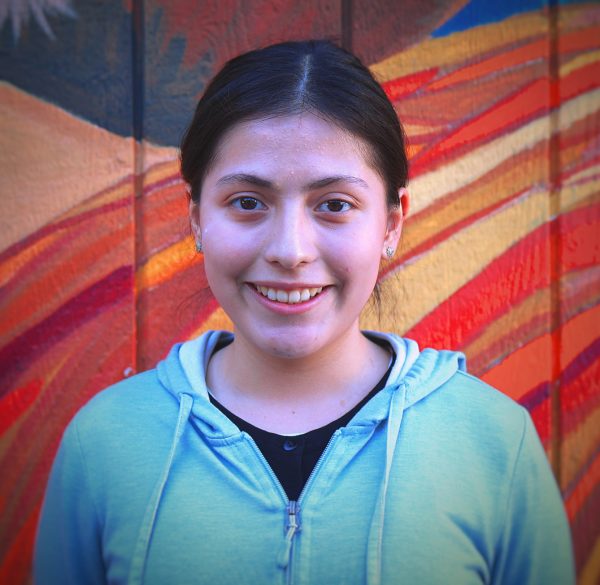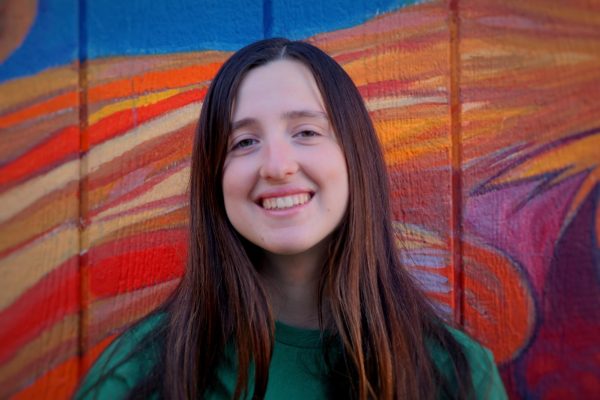The University of Southern California (USC) has canceled a student valedictorian’s commencement speech out of safety concerns concerning her pro-Palestinian views.
“After careful consideration, we have decided that our student valedictorian will not deliver a speech at commencement,” Provost and Senior Vice President for Academic Affairs Andrew T. Guzman said in a letter to students on Monday. “While this is disappointing, tradition must give way to safety.”
USC said the decision was based on potential threats regarding the selection of the valedictorian.
The student, Asna Tabassum, is a first-generation South Asian-American Muslim who majored in biomedical engineering and minored in resistance to genocide, according to a statement published through the Greater Los Angeles Area office of the Council on American-Islamic Relations. Tabassum was open about her pro-Palestinian and anti-Israel views on social media.
An Instagram account with the handle @Israelwarroom shared a post on April 9th
featuring Tabassum and accusing her of sharing and liking anti-Israel views on her social media profile, which they equate to antisemitism.
In turn, Tabassum released a personal statement saying “anti-Muslim and anti-Palestinian voices have subjected me to a campaign of racist hatred because of my uncompromising belief in human rights for all.”
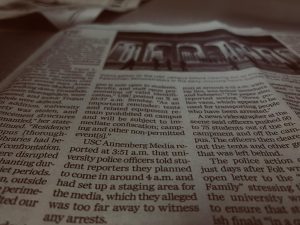
The decision by USC to cancel the commencement speech has sparked a range of opinions among students in North Hollywood.
Some students express agreement with the university’s decision, citing concerns for safety in light of potential threats. SAS senior Esteban Garcia remarks, “Given the current climate, it’s understandable that the university would prioritize safety over tradition. It’s unfortunate that it had to come to this, but safety should always be a top priority.”
Others, however, vehemently disagree with the university’s action, viewing it as a suppression of free speech. “This is a clear violation of academic freedom and the right to express your beliefs,” says SAS junior Jessica Lopez. “Censoring a student simply because of her political views sets a dangerous precedent and undermines the principles of free speech that universities should uphold.”

Some students express empathy towards the university’s predicament, acknowledging the complex balance between upholding free speech and ensuring safety. “It’s a tough call for USC. On one hand, they have to protect their students from potential threats, but on the other hand, they risk stifling important voices,” shares HGM senior Kevin Lin.
Moreover, some students highlight the broader societal implications of such actions, expressing concern about the chilling effect on dissenting voices. “The cancellation of Tabassum’s speech is indicative of a larger problem where certain viewpoints are deemed too controversial or ‘dangerous’ to be heard,” remarks HEA junior Cristopher Ibera. “It’s a concerning trend that undermines the fundamental values of diversity and inclusion.”
In contrast, there are students who suggest alternative approaches to address the situation without resorting to censorship. “Instead of cancelling the speech, USC could have provided additional security measures to ensure Tabassum’s safety while still allowing her to exercise her right to speak,” proposes SAS junior Emma Perez. “This would have demonstrated a commitment to both safety and free expression.”
USC has canceled all commencement speakers for this year’s graduation ceremony amid controversy surrounding the revocation of the university’s valedictorian speech.
“Given the highly publicized circumstances surrounding our main-stage commencement program, university leadership has decided it is best to release our outside speakers and honorees from attending this year’s ceremony,” the University of Southern California announced on Friday.
Tensions appear to have escalated the following Wednesday at USC after pro-Palestinian protesters began demonstrating throughout the day at the university’s Alumni Park. Dozens of students and non-students began an “occupation” of the park in the morning and issued a list of demands, including university divestment from any organizations that “profit from Israeli apartheid, genocide and occupation in Palestine.” More than 90 people were arrested that day.
Then, on Saturday, both Pro-Palestine and pro-Israeli students set up tents and established an encampment in Alumni Park, prompting a large police response as officials closed the campus to the public Saturday night.
“Now that finals are coming up in most universities, I feel for the students who are just trying to get through the end of the school year. And it’s not fair that protestors, who often are not even students at USC, are disrupting the peace for actual students,” expressed SAS senior Valeria Dominguez.
Another student expresses solidarity with the protesters’ cause while questioning the need for arrests and campus closures. “I support the efforts to raise awareness about the situation in Palestine, but I’m troubled by the heavy-handed response from authorities,” HEA junior Thomas Garcia stated.
The campus closure also raises concerns about the impact on students’ academic experiences and freedom of assembly. “Closing the campus disrupts students’ lives and prevents them from accessing resources they need,” remarks SAS senior Gustavo Alguin. “It’s a concerning precedent that could discourage future activism and engagement on campus.”
Overall, the cancellation of Tabassum’s speech has sparked a robust exchange of opinions and protests among students at USC and across the nation.

